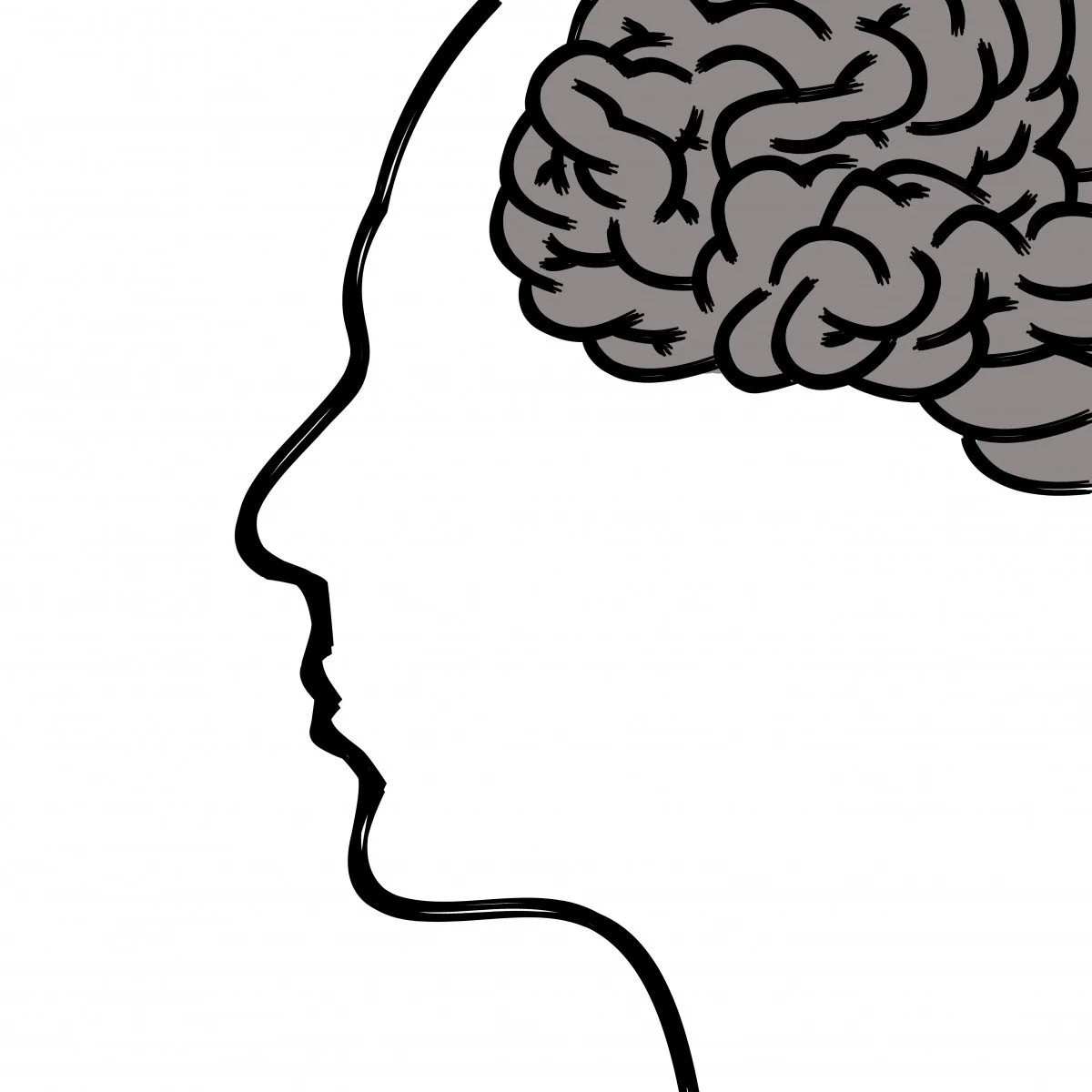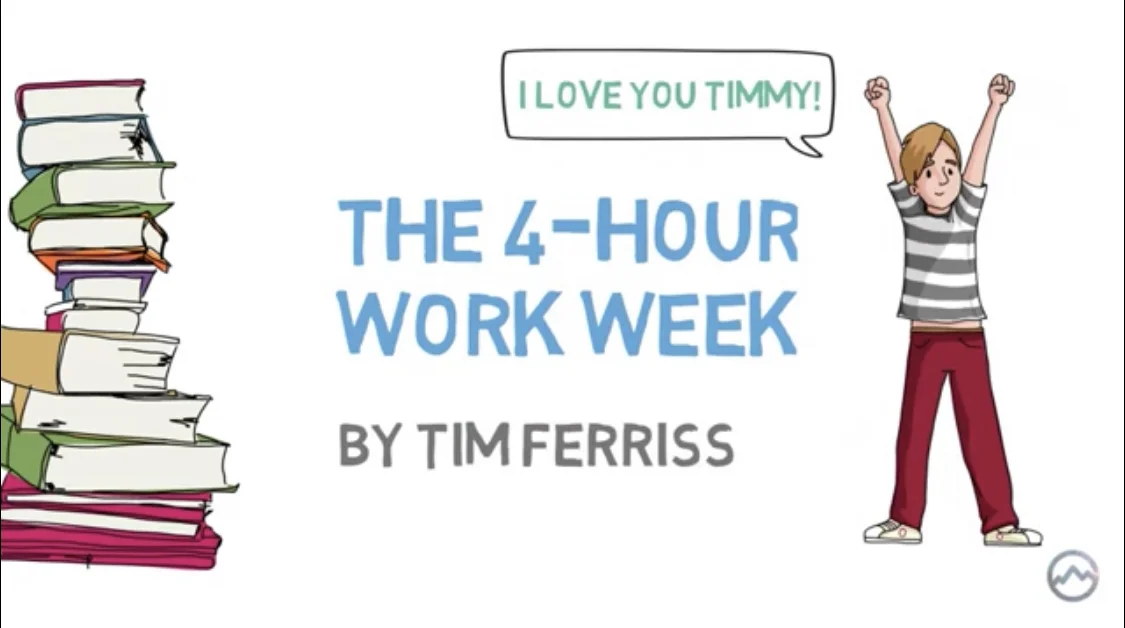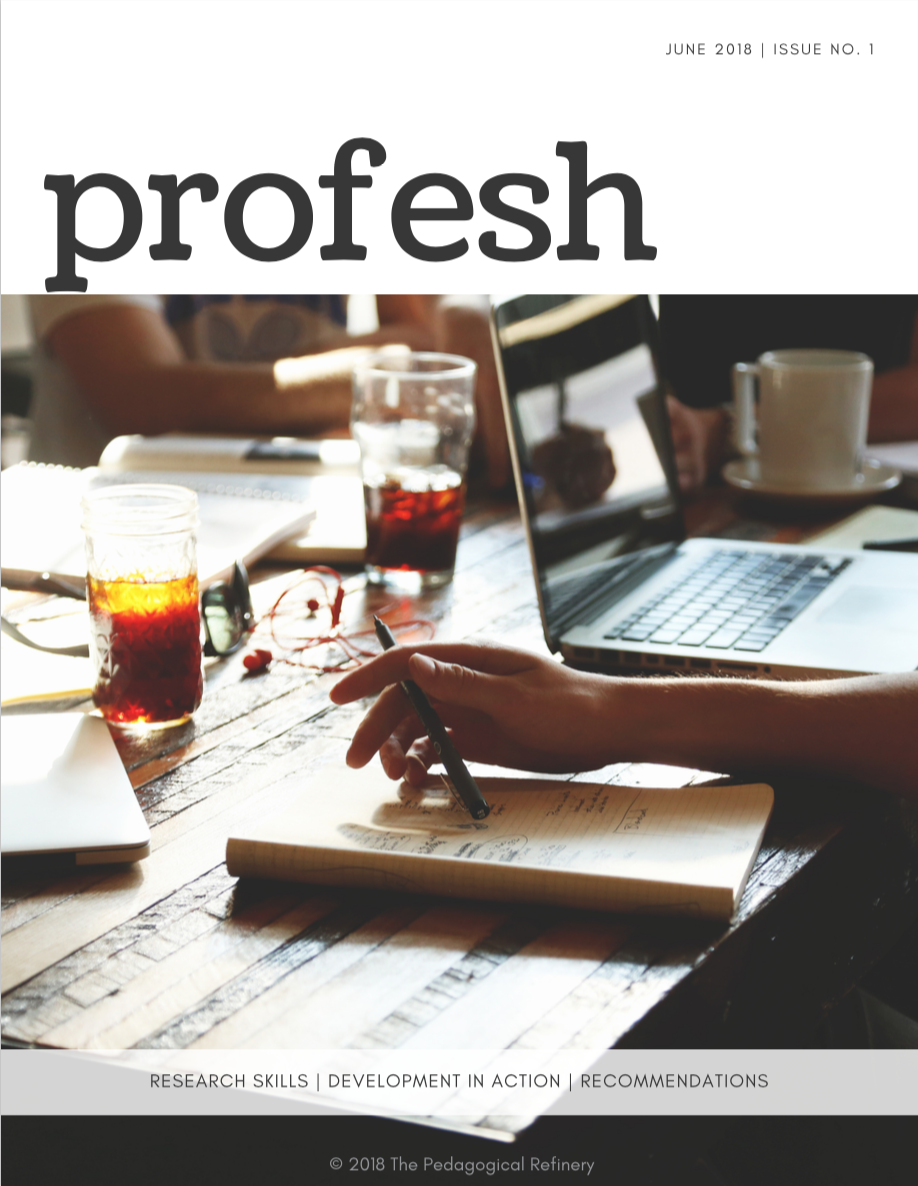Does the Placebo Effect have a dark side? Science has proven that placebos can actually work. We can chalk this up to how belief systems and habits change our brains and the personal narrative we have about ourselves and the world around us. But at what point does the placebo evolve into us gaslighting ourselves? A better sense of self, an awareness of what our brain is consuming, and how neuroplasticity can shift the paradigm from internal struggles to productive challenges could help us from gaslighting ourselves.
Read MoreTL;DR: Resource constraints, like a limited amount of time to complete tasks, has the potential to create more productivity, creativity, and efficiency. The more we are “backed into a corner”, the more likely we may be to hop outside-of-the-box (given the right mental framework). This could be attributed to resource constraints creating adrenaline, forced decisiveness, and/or more readily applying Occam’s Razor, Essentialism, The Theory of Constraints, and Parkinson’s Law. In this case, having less may actually help create more, both in unique quality and priority, as long as self-regulation is intact. This may create an automatic response paradigm shift when self-regulation is applied.
Read MoreAs you grow and learn the validated scope of your business, it is imperative to know how to evaluate yourself and know you are working on the right things.
Read MoreHow can we know the literature we are choosing for our kids to read are inclusive and diversely authentic?
Read MoreI began skeptically studying mindfulness in 2017 after I had given my initial proposal for my doctoral research. I begrudgingly looked into mindfulness, a hippy-like practice that seemed too benign to make a difference in teacher stress or motivation. From the simplicity to the science of it all, the acquisition and practice of mindfulness became quite clear and necessary.
Read MoreHow can contemplative techniques and the acquisition of mindfulness impact or be impacted by mental attitudes and consciousness? Theorizing a ‘the chicken or the egg’ correlation.
Read More“Working with Difficult and Resistant Staff” (Eller & Eller, 2011) outlines the mindsets and behaviors of various types of staff members in the educational setting, allowing readers to not only reflect on their colleagues and current work environment, but themselves as well.
Read MoreEducational technology is only as good as the pedagogy behind it. Furthermore, educational technology should also evolve our pedagogy.
Read MoreThe academic achievement gaps we see in schools today are a direct result of the opportunity gaps that exist in and outside of the education system.
Read MoreA great summation of Tim Ferriss’ “The 4-Hour Work Week.”
Read MoreIf a leader gives everyone the correct map, how do they help transform everyone’s behaviors and attitudes along this journey?
Read MoreEach month, The Pedagogical Refinery will be highlighting different areas of professional development that could be relevant to educators, learners, and 21st century life skills.
Read MoreIn schools with higher achievement or higher achievement gains, academic goal focus is both a property of leadership and a quality of school organization...Successful leadership influences teaching and learning both through face-to-face relationships and by structuring the way that teachers do their work.
Read More




















